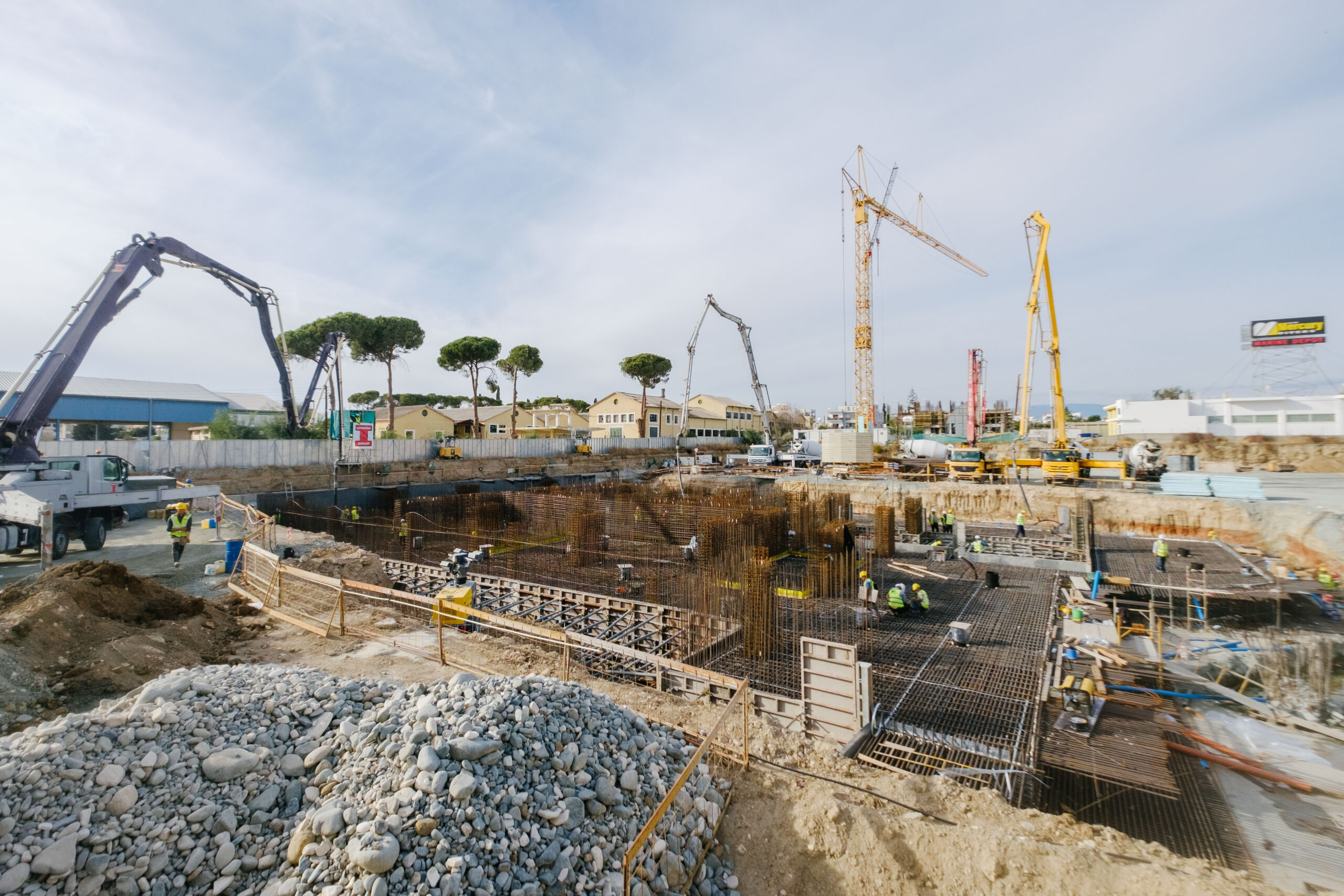In the 42 years of operation in the Cyprus real estate market, we are still learning about wrongdoings and sick mentality.
I was criticised by many when I wrote that the main cause of the prevailing economic situation is our mentality and the brainless politicians we have.
A small country such as ours could have been a jewel and an example to the EU.
Thank God our situation is not as bad as Greece, Hungary or even Italy.
A champion of laid-back “who cares?” attitude is Iceland (not an EU member), but other countries seem to follow this path, such as Poland.
We have huge amounts of money from the local provident funds in Cyprus, mainly from the semi-government authorities, that manage their own funds with their administration and decision making.
Then, suddenly we discovered the con at the Dromolaxia project and various other investments in real estate by the Cyta provident fund, exceeding €100 mln.
In addition, the Electricity Authority of Cyprus fund invested huge amounts in shares that went downhill.
Some fund managers went to prison, but the wrongdoings remain.
I am informed that we, the remaining taxpayers, will be called upon to pay for these provident fund losses.
So, if the funds make a gain on an investment, it is to the benefit of the funds and if not, say a loss, the rest of us have to compensate.
Who on earth came up with such an idea of security?
Don’t you think it is most reasonable that the public has every reason to push for the privatisation of those funds/authorities since we will eliminate their unacceptable situation?
So far, we (taxpayers) have had to foot the bill for the Dromolaxia scam, plus another €50 mln for other real estate investments, while the EAC provident fund has incurred a loss in share investments, got in exchange for their loss a prime building plot.
But then, do our politicians dare to raise such matters in public?
Votes are the main cause, and who cares about the economy?
Have you noted any MP raising such matters?
Considering that the semi-Government section has around 18,000 employees (plus families), this is one of the reasons.
Well done to the funds that invested wisely in real estate (provided they were honestly and properly managed).
There is a great opportunity for the same funds to continue to invest in the real estate market, especially now that bad loans and mortgage packages are coming up for sale at a discount of around 50% of their market value.
It will be best if they can manage their investments correctly in the real estate market.
I have even heard that some funds invest in exchange rates and overseas shares.
Not a bad idea under normal circumstances, especially for those who bought dollars and now convert them to euros.
But is this the goal of provident funds, which are supposed to be ‘grade A’ secured?
There are all sorts of attractive real estate investments in the region of €5-10 mln regarding commercial building lets to grade A tenants with a return (yield) of around 5% p.a.
Considering that bank deposits earn 1% p.a. nowadays at best (less 30% tax), the above yield is quite attractive.
In addition, certain locations seem to be in demand, whereas other investments, including distribution centres showroom/garages of top quality, are also up for sale with similar returns.
The banks’ distressed sales are a source of increased real estate interest, whereas, regarding housing, these funds could buy in bulk and sell the units at reduced prices to their members, using their excess liquidity.
Whatever direction these funds decide to follow, what is unacceptable is the guarantee that we offer them.
The situation in the real estate market is still a bit vague at present.
Still, opportunities are gradually emerging, a circumstance that will appear more regularly over the immediate future, whereas private/direct deals with distressed real estate companies are also advisable.
Antonis Loizou – Real Estate Valuer, Estate Agent & Property Consultant










